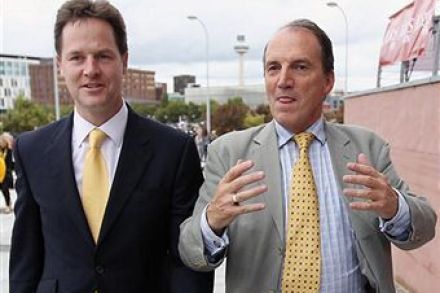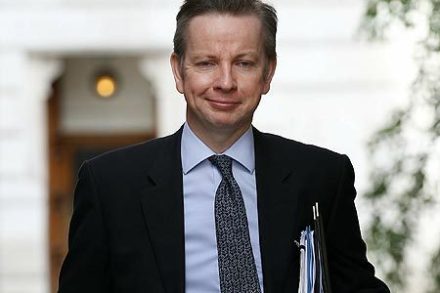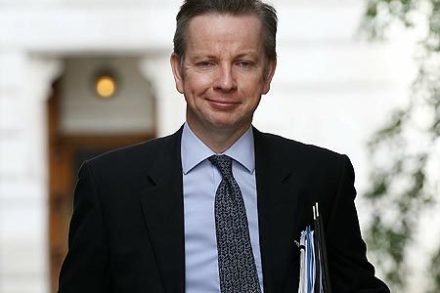Clegg will vote for fees hike
The wait is over. We have just been told that Nick Clegg will definitely vote for the coalition’s policy on tuition fees. Clegg announced this, according to his spokeswoman, at the meeting of the Lib Dem parliamentary party that is currently going on. He told the meeting that to govern is to choose, and that the coalition had to chosen to invest in early years education rather than in scrapping fees. Clegg’s spokesperson said that he had urged the party to ‘walk through the fire together’ but that he accepted and respected that not every Lib Dem MP would vote with him. We will, apparently, be told this evening


















